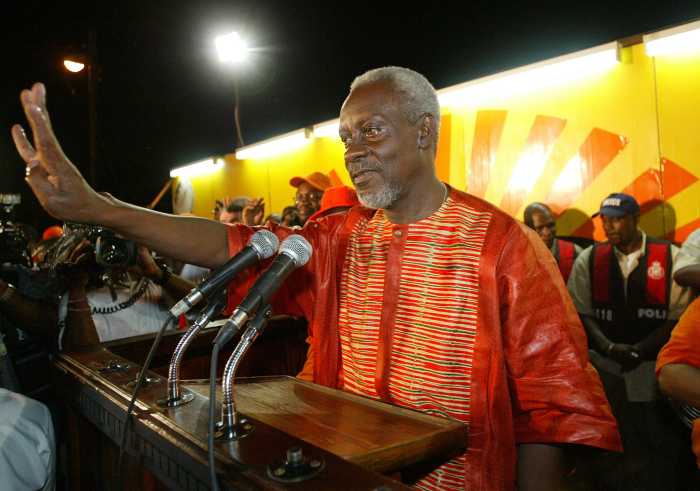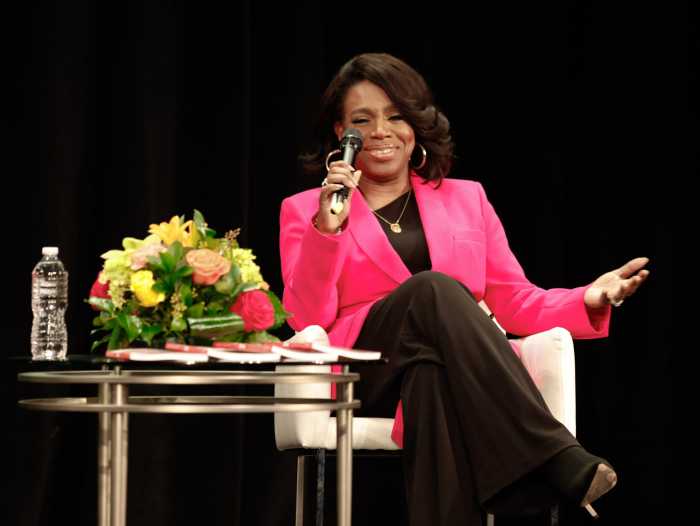The Rio Olympics opened on Aug. 5 but for Jamaicans the quadrennial games really started on Aug. 10, four days after the population celebrated the 54th anniversary of independence. That was the day their 63-member delegation of athletes headed south to Rio de Janeiro, Brazil to mine gold and other precious nuggets.
Jamaicans have been competing in the Olympics since 1948. With 15 Olympiads of medaling they have become a crowd-pleaser spectators love to bet on.
On their first outing in London, England they took one gold and two silver medals.
They have never competed without taking a medal home.
In 2008, their biggest haul of gold medals found them with half a dozen shiny, gold nuggets.
They were the pride of the Caribbean. But when they snatched 12 medals at the 2012 London Olympics — four gold, four silver and four bronze they upped their repute for a 50th anniversary of independence staging.
Significant to the world is that gold is the signature swath of the tri-color banner to brand Jamaica.
It is the marker to the X that symbolizes more than sunshine but the genius of the green and fertile island governed by a majority Black people.
And although the USA holds the record of winning 17 of the 27 gold medals presented for clinching the shortest and fastest track and field sport in the Olympics, Jamaicans have become the gold standard for the 100m race and spoiler to US triumphs.
Perhaps, Carl Lewis and Jesse Owens are the most distinguished sprinters to win the coveted claim to victories. Owens in 1936 blazed glory to the disdain of German, Nazi-leader Adolf Hitler.
Much later in 1984 and 1988, Lewis championed the race.
Jamaicans have shut-out every country’s best sprinters since 2004 when Usain Bolt entered the arena. And on this go-round the superstar retained the glory for the third time and in the process emerged the one and only athlete to ever achieve a three-time Olympic gold for winning the premiere sporting event.
Bolt lit up Olympic Stadium Maracana just by strolling onto the field.
Probably the most celebrated athlete on the field, along with all-time greatest swimming U.S. champion and 23-time medal winner Michael Phelps they are the superstars of the 2016 Olympics.
Bolt’s female equal, Shelly Fraser-Pryce has been a winning gold medalist through two Olympics.
On her third effort she was dethroned by Elaine Thompson, a fellow national.
However, all was not lost on Jamaica’s acclaimed “Pocket Rocket.” She managed to be among the triumvirate seeking the title winning a bronze.
The two-time fastest woman on the planet clocked seconds behind Thompson’s 10.71 crossing the line at 10.86.
“By winning gold and bronze, Elaine and Shelly-Ann have demonstrated to the world the strength of Jamaican track and field that we could claim two of the three medals on offer in one of the marquee events at the Olympics,” Olivia “Babsy” Grange, Jamaica’s Minister of Culture, Gender, Entertainment and Sports said.
“The baton passed to her friend, training partner and compatriot, means that the title remains in Jamaica. Well done to the both of them.”
Committed to taking home 11 medals, Jamaicans have been fierce competitors in their bid to reclaim glory they scored in Beijing, China and London, England when Bolt and Fraser-Pryce took the gold in the 100m sprint and showed the world the fastest man and woman on the entire planet.
With competitions in long jump, gymnastics, hurdles, steeplechase, discus, swimming, diving and relay races, Jamaicans are boasting their brightest color.
However also distinctive is the unprecedented diversity of the games.
The U.S. gymnastic team is a standout. With two winning acrobats representing the stars and stripes, Gabby Douglas and Simone Biles are the golden girls at the Olympics. Touted as the “best gymnast that ever lived,” Biles ranks as the most decorated gymnast in U. S. history.
She is the first female gymnast since Larisa Latynina to win a team, all around and an event final gold medal. That her grandmother Nellie Cayetano — who raised her — migrated from Belize also scores another victory for successful and achieving emigrants.
Douglas has been a worthy gold-getter since 2012 in London.
Also scoring a win for diversity, it seems after almost centuries hearing that Blacks cannot swim, float or dive, Simone Manuel hushed racists by winning gold. Not one but more.
As the first ever African-American to win an individual medal in swimming, the Texas, freestyle Olympian will be bringing back two gold and two silver medals and dares to challenge anyone making the age-old misnomer.
“My color just comes with the territory…” Manuel said.
Add to that, the never-before spectacle of seeing an Olympian wearing head-to-toe covering with the name Muhammad on the back and USA, the country of origin?
At age 30, Ibtihaj Muhammad is the first Muslim American to wear a traditional hijab in Olympic competition. She won a bronze competing in the women’s sabre team fencing competition.
“The honor of representing Muslims and Black women is not one I take lightly” Muhammad reportedly said.
An American fencing champion, the New Jersey athlete is turning heads in Rio.
Another 30-year-old achiever is Michelle Carter. She brought home the gold for America for her powerful shot putt throw in Rio.
She is the first American woman to win the event since the competition entered the Olympics in 1948.
That she is also Black makes for even more cheering for her pioneering triumph.
Another Caribbean island claimed gold status when Puerto Rico won the very first medal ever.
Monica Puig, a tennis player was urged on by supporters shouting “si, se puede!”
After that it was game on for the Spanish-speaking Caribbean islander.
South African 400m runner Wayde van Niekirk dashed the hopes for Grenada’s flag-bearer, Kirani James to reclaim the gold. The Spice Island gold getter in London in 2012 took the silver and remained in the top three in the world for that distance.
Showing a presence albeit mostly during heats — Bahamas, Trinidad & Tobago and St. Kitts — continue to represent.
Jamaican swimmer Alia Atkinson finished a respectable eight place during her water sport and was a fighter to the finish wearing her island’s colors.
Similarly gymnast Toni Ann Williams and diver Yona Knight Wisdom who competed in the three-meter springboard event did their island/nation proud.
During the opening ceremonies, Fraser-Pryce carried the black, green and gold flag of her country but it was evident that each and every athlete also shared the burden of lifting the banner highest.
From that date and on Aug. 10 when Jamaica House 2016 hospitality Olympic village opened with Kymani Marley, Luciano, I-Octane, Nature and an all-star backing band took reggae to the world, the island of only two and half million has become the standard bearer for the region.
They join more than 30 countries to now transform some of Rio’s most breathtaking locations into venues for enjoying culture, gastronomy and sport.
By providing a virtual location for photographing many of Rio’s postcards to the rest of the world during the 12-day period, operating hours are daily from 7 pm to midnight until Aug. 21 at The Jockey Club, South of Rio.
According to the tourist board, while in Brazil, they are “taking Jamaican culture and flavors to Brazil’s hot spot.”
But that is not the primary reason Jamaica is in the house. A host of activities are scheduled throughout each day, including destination presentations to the travel trade, culinary exposés, dance classes, consumer promotions, VIP client hosting and a location for viewing the races as they happen. Each night, Jamaica House has been featuring the top reggae artists.
Since becoming an added attraction to the Olympics, — the crowd favorite in both the Beijing and London games — Jamaica’s hospitality house was named among the top five most popular Olympic houses.
There along with photo opportunities, screenings for films, photography and documentaries it is also the focus to promote Jamaica.
Catch You on the Inside!


























